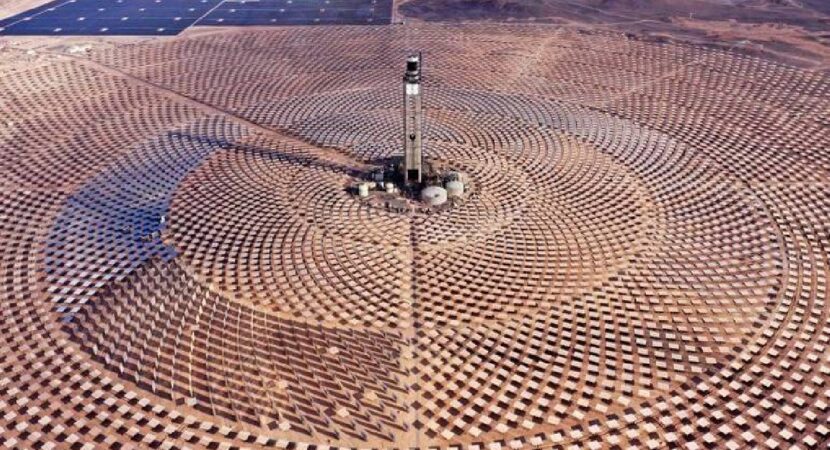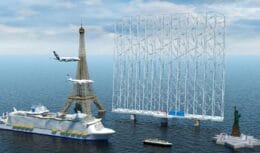
Even with the 'sun tax', solar plants generate energy up to ten times cheaper than traditional sources and makes solar energy the sixth largest source of energy generation in Brazil
Solar energy is growing at full steam in Brazil. According to a survey carried out by Absolar (Brazilian Association of Photovoltaic Solar Energy), Brazil surpassed the mark of 13 gigawatts (GW) of operational power in large solar plants and medium and small photovoltaic systems installed on roofs, facades and land. To get an idea of what this means, Binacional Itaipu, one of the largest hydroelectric plants in the world, has an installed capacity of 14 GW.
Read also
- Billionaire investment in the Northeast: 2W Energia receives authorization from Aneel to start construction work on plants and explore wind energy generation in Ceará
- Multinational Alcoa reactivates the aluminum production line at its factory and calls for 450 jobs in the Reduction Operator function, this February 10th
- Scientists simulate an indescribable process of cosmic energy inside graphene particles that promises to revolutionize electronic devices in the world
- High school, technical and higher education job openings are open today (08/02) for work at an ethanol plant
- Itaipu hydroelectric plant reaches 66,3 million MWh, enough energy to supply the planet Earth for 19 hours, Brazil for a month and seven days and Paraguay for two years and 11 months!
By 2025, Aneel estimates that the total planned investments in solar energy in Brazil are R$ 25,8 billion. Large solar plants are the sixth largest source of energy generation in the country and their generation is up to ten times cheaper than electrical sources, especially considering the constant tariff increases.
Even with the “sun tax”, anyone who carries out the installation within a period of 12 months from the publication of the Law remains exempt from the tariff on the electricity bill until the year 2045
The CEO of the Pernambuco company Elétron Energy, André Cavalcanti, talks about this forecast. “We want to invest more than BRL 900 million in renewable energy projects by 2024, in addition to consolidating other photovoltaic, wind and hydroelectric source projects”, points out Cavalcanti. The company plans to reach 1 million consumers across the country, with an average monthly bill of R$ 300,00, between 2025 and 2026. To date, the company plans to invest R$ 1,6 billion in new solar generation parks.
“There is a huge potential to be explored when we talk about solar energy. Even considering the “taxation of the sun”, as the Legal Framework for Distributed Generation is being called, sanctioned by the Federal Government in early January 2022, solar energy still remains a much more economical alternative, in addition to being better for the environment. environment", emphasizes André.
With the enactment of Law No. 14.300/2022, on January 7, 2022, the Legal Framework for Distributed Generation institutes the costs of distributing solar energy to those who generate it at home through the system in the charging of the electricity bill. on grid, system connected to the conventional electricity distribution grid.
Even with the “sun tax” of the new Distributed Generation Legal Framework, anyone who had already installed a solar energy system at home before the enactment of the new Law, or anyone who carried out the installation within a period of 12 months from the publication of the Law, remains exempt from the tariff on the electricity bill until the year 2045.













Army summons Brazilians with up to…
Come be a watermelon, you too
Air Force F-16 fighters…
Everything is fine, 100-year secrecy,…
Air Force F-16 fighters…
Well... It's flying scrap... Typical...
Air Force F-16 fighters…
Which genocide are you talking about? Than…
They discover the third largest deposit…
That’s why all foreigners and NGOs…
Private project, 🤣🤣🤣🤣, my friend at least…
What a pity
To ride a bullet train, I think it’s more…
A scam is taking a rogue thief out of…
Translate into Brazilian Portuguese?
In what world do you live in? Narnia? (now go...
It could be that these older people…
I am a carpenter, assembler of all types…